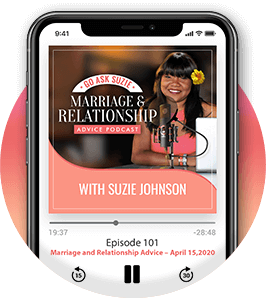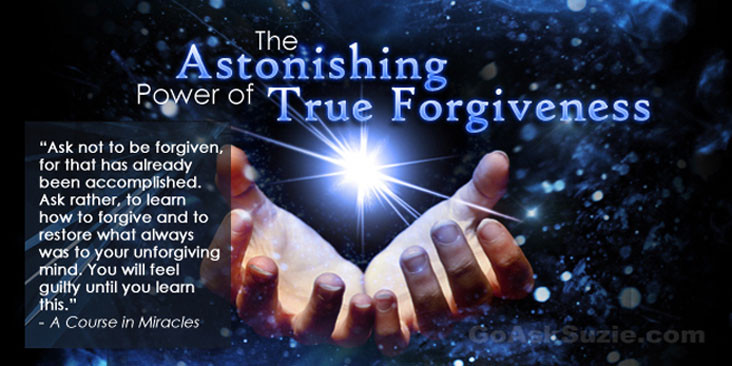![]() Dear Suzie, I believe that forgiveness is important in helping me to heal and get past this, but a lot of people don’t agree. Many of my friends say they would never forgive, and a lot of experts say it’s not even necessary. So now, I am confused. How important is it to forgive someone who’s hurt you?
Dear Suzie, I believe that forgiveness is important in helping me to heal and get past this, but a lot of people don’t agree. Many of my friends say they would never forgive, and a lot of experts say it’s not even necessary. So now, I am confused. How important is it to forgive someone who’s hurt you?
![]() I think that’s a very powerful question, and I’m really glad you asked. In the next few minutes, I’m going to introduce you to a technology that gives you the power to reverse the negative effects the extramarital affair has had on your life. After today, no injustice or undeserved hurt will have any hold over you.
I think that’s a very powerful question, and I’m really glad you asked. In the next few minutes, I’m going to introduce you to a technology that gives you the power to reverse the negative effects the extramarital affair has had on your life. After today, no injustice or undeserved hurt will have any hold over you.
In fact…
I promise you that after learning about this technology, it will forever change the way you play the game of life. Rather than being ruled by circumstances, you become the ruler of your circumstances.
What’s the technology? (More on that in just a moment.)
First, I want you consider this:
To survive the negative effects of betrayal, it can be useful to think of yourself as a beekeeper. On one hand, the beekeeper knows that the sting of a bee hurts and too many stings can be deadly. On the other hand, he also knows that if he approaches his beehives correctly, he can extract honey from these potentially lethal creatures.
The same is true for you.
The unfairness of infidelity stings like a thousand bees, but if you learn how to handle the situation correctly, there’s a way to extract something wonderful from it.
How, you ask? Well, we’re coming to that.
For now, consider the following true story.
From 1995 to 1997, Archbishop Desmond Tutu was the chairman of South Africa’s Truth and Reconciliation Commission.
His job? To listen to more than 21,000 people describe the human rights atrocities committed during apartheid.
His mandate? To forgive the perpetrators in order to foster healing.
What follows is one of his accounts of what happened during those proceedings.
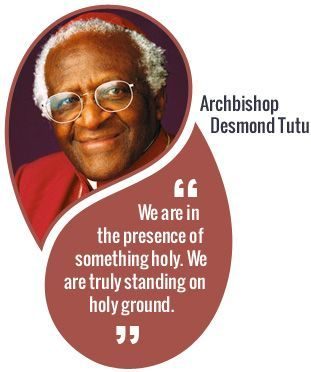
There was something called the Bisho massacre, where thirty to forty people were killed and over 200 injured. We held a public hearing in a huge hall. The room was packed to the rafters with angry people, many of whom were either injured at that incident or had lost loved ones. The four officers that had shot and killed people came in. You could feel the tension in the room, the anger. They came and sat over there on the stage… one white officer and three black… they got up and said, “Yes, we gave the order for the soldiers to shoot.”
The temperature shot up in the room, the tension you could cut with a knife.
And then, he said, “Please forgive us. Please forgive these three of my colleagues and receive us back into the community.” Now, you’d have thought this hall would erupt with anger. You know what the audience did?
They applauded. Incredible. They applauded. And when the applause subsided, I said, “Let’s keep a moment’s silence because we are in the presence of something holy. We are standing on holy ground. We ought to be taking off our shoes like Moses did.”
(Source: The Wisdom of Forgiveness – Dalai Lama XIV, Victor Chan)
So, what happened in that room that day?
It’s the very thing I’ve been leading up to. What happened in that South African room was nothing less than the astonishing power of true forgiveness at work. This is the type of forgiveness that heals everyone involved. In this case, not only did it heal the people in a courtroom… it healed an entire nation.
Let’s take a look at another true story.
After her 12-year-old daughter and ex-husband were killed by a drunk driver, Sheryl Maloy arrived at a startling decision: the only way she could heal was to meet face-to-face with the driver of the lethal vehicle.
Who was the killer?
Her name is Audrey Kishline, and she had captured a lot of media attention because she was the founder of Moderation Management (a controversial program that offered an alternative to abstinence for people who felt they drank too much).
Before the accident, she’d already appeared on countless shows, including Oprah, Dateline NBC, Good Morning America, ABC World News, and others. Kishline portrayed a success story of self-control. But that public facade came crashing down when in a drunken stupor, she drove head-on into the car carrying Danny Davis and his daughter Lashell, instantly killing them both.
What would you say to the drunk driver who killed your child?
Amazingly, for this mother, it wasn’t what most of us might expect. Many people told her that what happened was unforgivable. “No,” they told her, “she doesn’t deserve forgiveness. After all, clearly this woman is a complete hypocrite and a liar. She knew that she was drunk when she got behind the wheel of that car.”
The accident fired off a media frenzy.
Victim rights groups organized to help the mother prosecute, get justice.
All the while, Sheryl silently struggled deep inside. Intuitively, she knew forgiving would free her and allow the memory of her child to remain untarnished. But she also knew she had to forgive the drunk driver for the right reasons.
She knew…
She couldn’t truly forgive just because she was told to do so, or because she wanted to look like a good Christian, or because she was looking to pay the entrance fee into heaven.
She felt…
She had to forgive because it would heal her and heal the other woman. So here’s what she did:
One morning, she set out to do the unimaginable. She went to have a face-to-face meeting in prison with the woman who had robbed her of her most precious gift on earth, but she didn’t go with hostility, rage, hurt, spite, or vengeance in her heart. Instead, she set out with the power of true forgiveness in her heart.
What happened that day was truly astonishing.
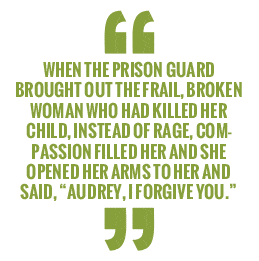
When the prison guard brought out the frail, broken woman who had killed her child, instead of rage, compassion filled her and she opened her arms to her and said “Audrey, I forgive you.”
Audrey, completely shocked and overwhelmed, broke down. And in that moment, both women discovered they, too, were standing on holy ground, because something indescribable, inexplicable, and improbable was happening. The power of true forgiveness had moved a mountain of pain that everyone had said couldn’t be moved.
Later, the mother goes on to say…
It was after that face-to-face meeting that she first began to feel peaceful again. For the first time since the accident, she felt her heart filling up, instead of draining out.
What do those two stories have in common with your own?
Well, here’s a few things. They both deal with immeasurable heartache. They both deal with unloving acts. They both involve pain, heartbreak, loss, and suffering. And in the eyes of a lot of people, they both involve supposedly unforgivable mistakes.
But there’s one more thing they have in common. Did you catch it? They both demonstrated that with the astonishing power of true forgiveness, no negative situation or painful circumstance can prevail.
Now, the question is:
Did those people have to forgive in order to carry on with their lives? The answer is no. The mother didn’t have to forgive to carry on. The people in South Africa didn’t have to forgive to survive. However, if you want to go beyond surviving to thriving… if you want to go beyond existing to being fully alive again… then true forgiveness is the way to go.
So what exactly is true forgiveness?
What Exactly Is True Forgiveness?
It’s been described in many ways. Here’s my favorite definition: true forgiveness is allowing the past to be truly over in your mind.
Here are some of the attributes of true forgiveness:
- It’s permanent and lasting.
- It’s total and complete.
- It releases BOTH the giver and the receiver.
- It’s an attribute of strength, not weakness.
- It’s both the healing and the remedy.
- True forgiveness can only be inspired by love.
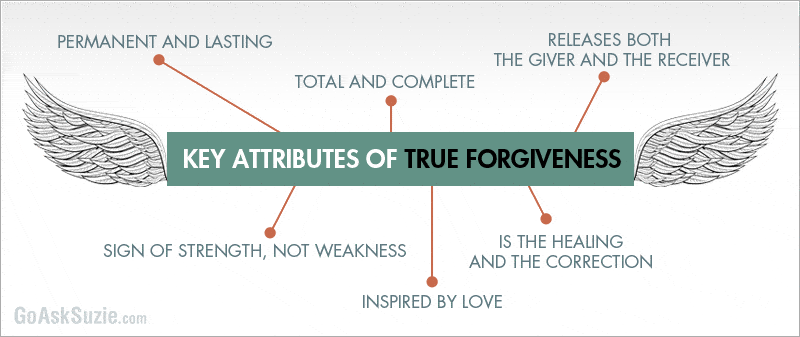
There are many types of counterfeit actions passed off as forgiveness. For lack of a better term, I call these acts of “false forgiveness”. For a more in-depth discussion of the differences between the two, you can read my article Suppressing vs. Forgiving.
The bottom line?
The difference between true forgiveness and all other pseudo attempts is this: True forgiveness is inspired by LOVE.
This is a key insight, and here’s why.
Key Insight: If you try to forgive for any reason other than love, you will fail. If you’re doing it because you think you should or because your religion commands you to do it, then you will not be successful.
The Moment of Truth
Today, you’re at that place where you’ll discover whether the love you have for your partner is strong enough, big enough, and wide enough to forgive this experience.
The question is not IF your partner is worthy of forgiveness. He is. Because true forgiveness, like love, is unconditional. There are no unforgivable acts, only unforgiving minds.
The question is not CAN you forgive (of course you can). If you’re capable of love, then you’re capable of forgiving, because one is an attribute of the other. The real question is this:
Are you willing to forgive?
Think about this for a while. There’s only one thing (that I know of) that has the power to inspire a person to forgive betrayal… and that, of course, is the power of True Love.
So is it necessary to forgive? Absolutely. And here are four reasons why:

Forgiveness Heals You First
Whether you stay together or decide to go your separate ways, if you want to heal, you will need to forgive.
This is because no thought leaves the mind of the thinker. So clinging to unforgiving thoughts is like drinking poison and waiting for the other person to die. Therefore, true forgiveness is an act of self-love — it frees you and heals you first.
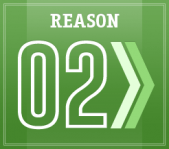
True Forgiveness Is the Bridge to a New Beginning
Any couple who has successfully navigated the treacherous waters of infidelity can attest to what I’m about to say. There’s no rebuilding without forgiving.
Think about it this way…
If you try to rebuild your marriage without FIRST embracing true forgiveness, you’re like a builder trying to put on the roof before laying the foundation.
Couples spend months going around in circles, never realizing why their reconciliation efforts aren’t working.
The fastest way to rebuild a marriage is across the bridge of true forgiveness. Once you’ve released hurt, the rest of your rebuilding efforts will be a lot smoother.
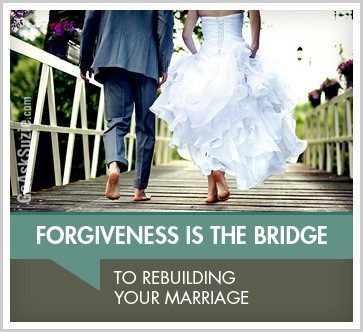
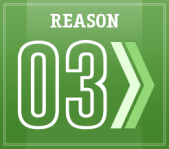
Time Heals All Wounds, Except Unforgiveness
There are many things that time heals, but unforgiveness isn’t one of them. I’ve worked with partners who still hadn’t forgiven five, ten, even twenty years after an affair.
I often ask, “What are you waiting for?”
The answers I’ve gotten have led me to conclude that many people are under the misguided impression that forgiveness is a spontaneous event or some kind of burning-bush miracle, so they sit waiting for some kind of sign. Alas, this isn’t how forgiveness really works.
Above all, true forgiveness IS a choice.
It’s a decision. It waits for you, not for time. Unfortunately, people are capable of procrastinating for years, even decades.
I admit I’m baffled by this. Why would anyone put off healing? This is like having a toothache and refusing to seek treatment. It just doesn’t make sense.
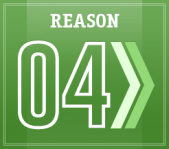
True Forgiveness Isn’t Logical — It’s About Love
Have you noticed how many people are against forgiveness?
It’s a staggering number.
In the aftermath of infidelity, surprisingly, well-meaning friends, family members,
and even the media, can give you a long list of logical reasons why anger, spite, bitterness, and revenge are natural (and justified) responses.
But think again of that mother from the previous story. What if Sheryl had listened to all the fear-driven advocates? What if she had defended her right to remain a victim? Where would she be today? Probably not the healed, inspirational role model she has become.
In hindsight, it’s clear to see, these well-meaning friends and advocates weren’t really doing her any favors now, were they? The bottom line is this: we cannot heal while driven by fear.
Think about it this way. It’s not only that forgiveness needs to be inspired; it’s that Love needs to be remembered.
This is why true forgiveness is an act of Love.
If you think about it from a logical point of view, forgiveness makes no sense, but when you look deeper into your heart, you realize it doesn’t have to.
Because all acts of love are their own reward.
This is where we find most of the confusion surrounding true forgiveness.
Many people (experts, friends, and family included) can’t see the benefits of true forgiveness because they don’t understand the benefits of doing something motivated only by Love.
The question is, can YOU? Can you see the benefits of doing something inspired by love? If you can, then I believe your life is about to change for the better.
Here’s the beautiful truth:
Love is unconditional because Love forgives unconditionally.
I don’t know about you, but I’m relieved to know this because I know I’ve already made more than my fair share of mistakes. And I’m probably going to make several more before this gig is up, so it’s good to know there are no conditions or events that True Love cannot (or will not) forgive.
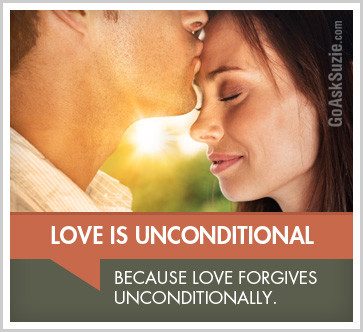
Read that again: there are no actions that Love will not forgive!
If you don’t believe me, think back to the two stories we began with.
Think of both those situations.
Think of the thousands of innocent people who were murdered during Apartheid in South Africa. Think of all that Sheryl Maloy had to endure at the sudden unnecessary death of her daughter. And yet, somehow, somewhere, from some place deep within, the survivors discovered the power of true forgiveness that seems to defy explanation and surpass understanding. I believe the only thing powerful enough to inspire such forgiveness is Love.
Consider carefully what you’ve learned
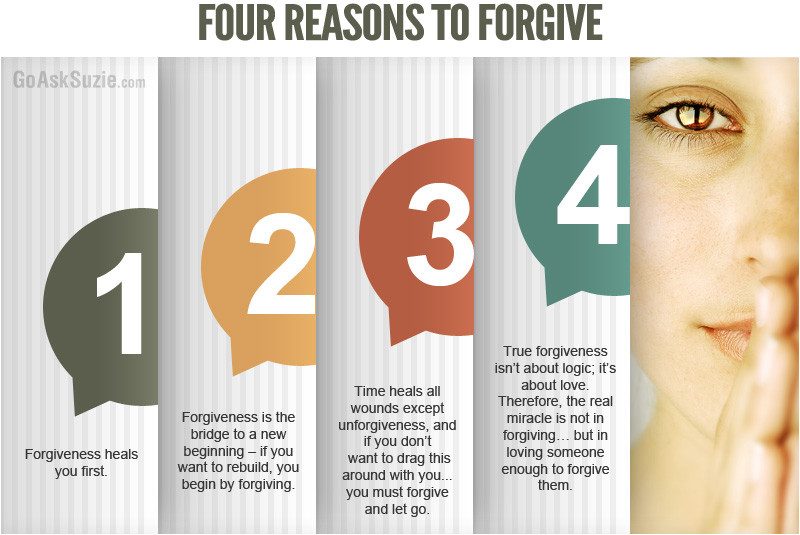
As you know, you can find plenty of compelling reasons not to forgive. But that’s not what’s important. What’s important is that you only need to find ONE compelling reason to forgive: LOVE.
Until we speak again…
Remember… Love Wins!
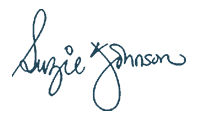
By the way… You can now get over 13 hours of my best Betrayed Recovery strategies.
Learn More Here





